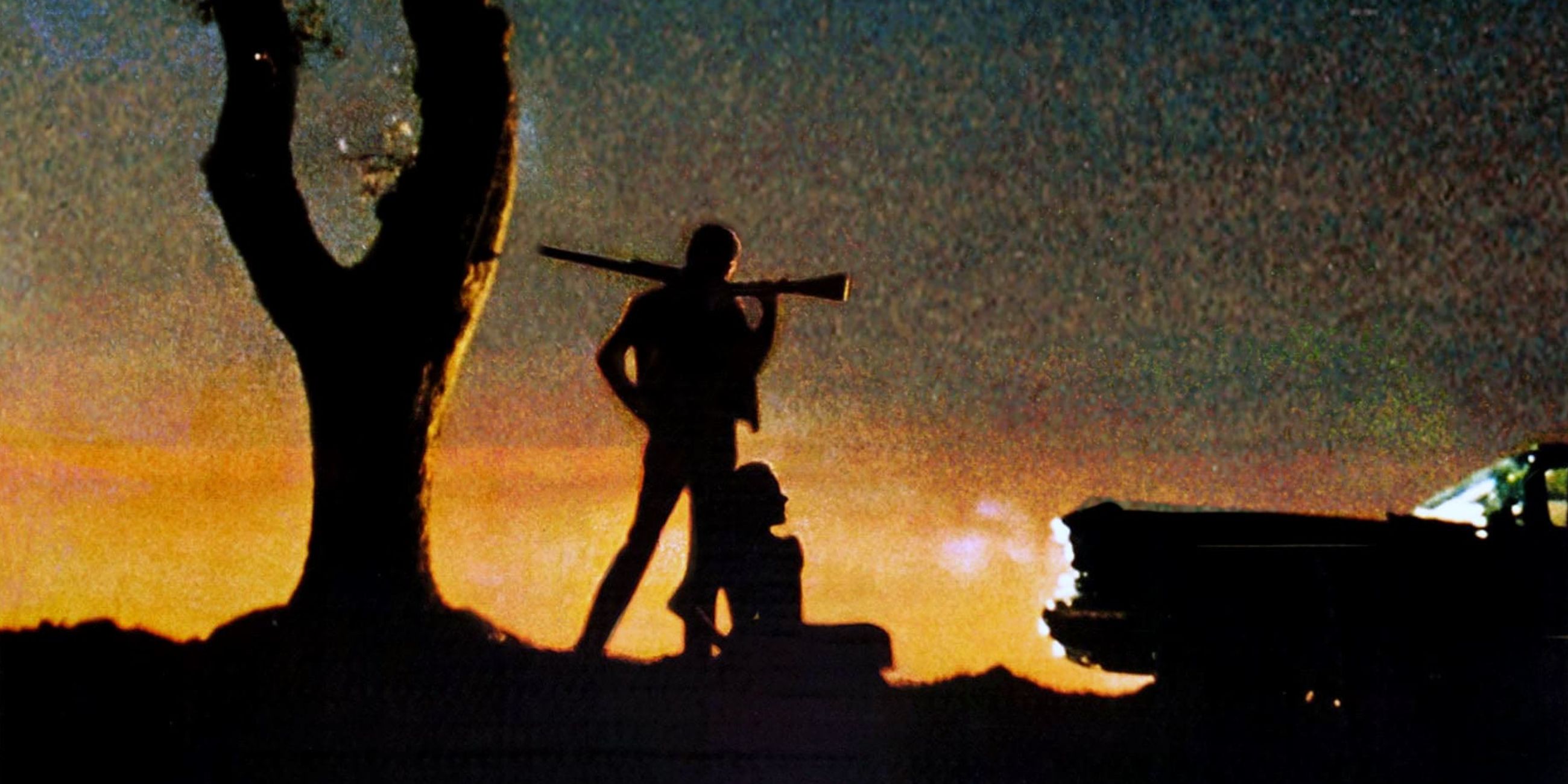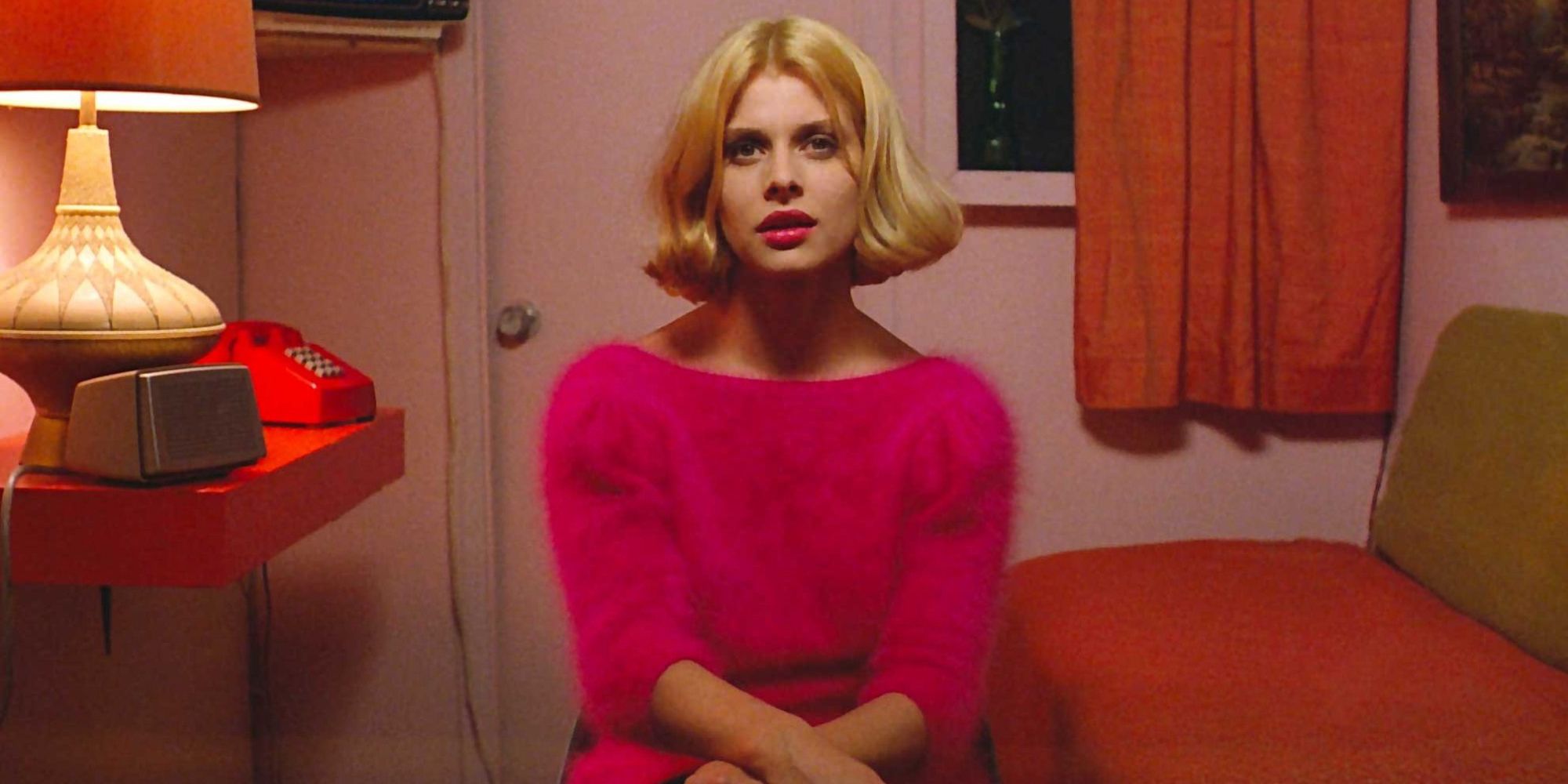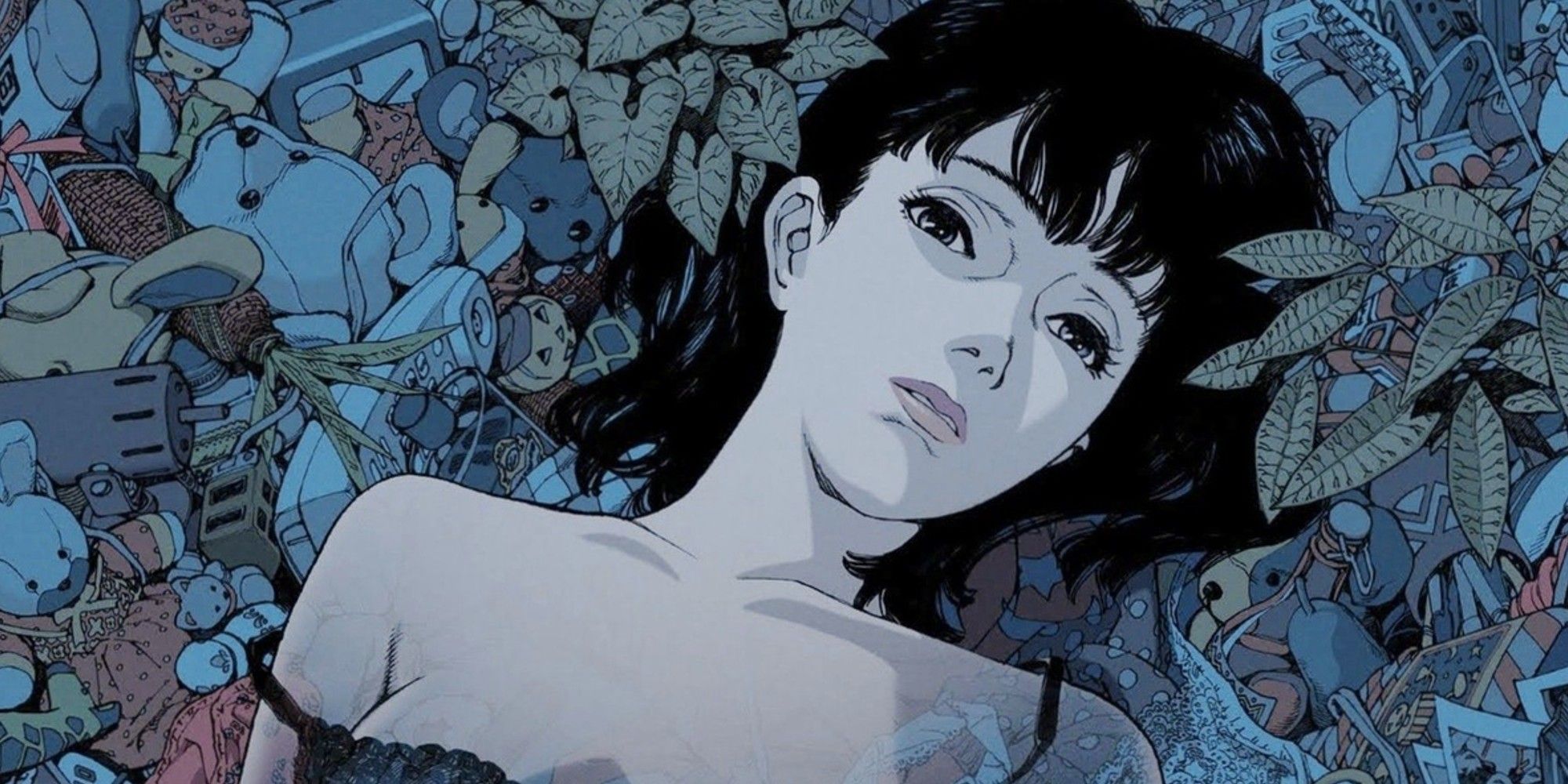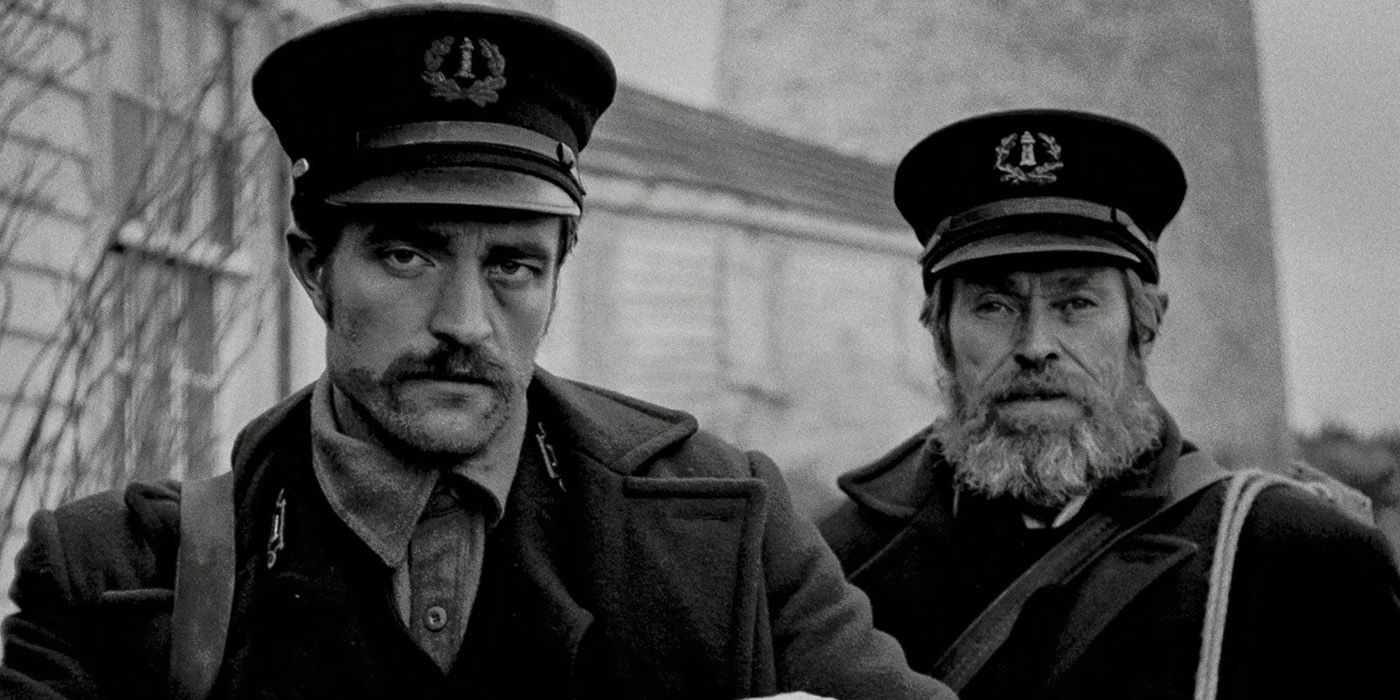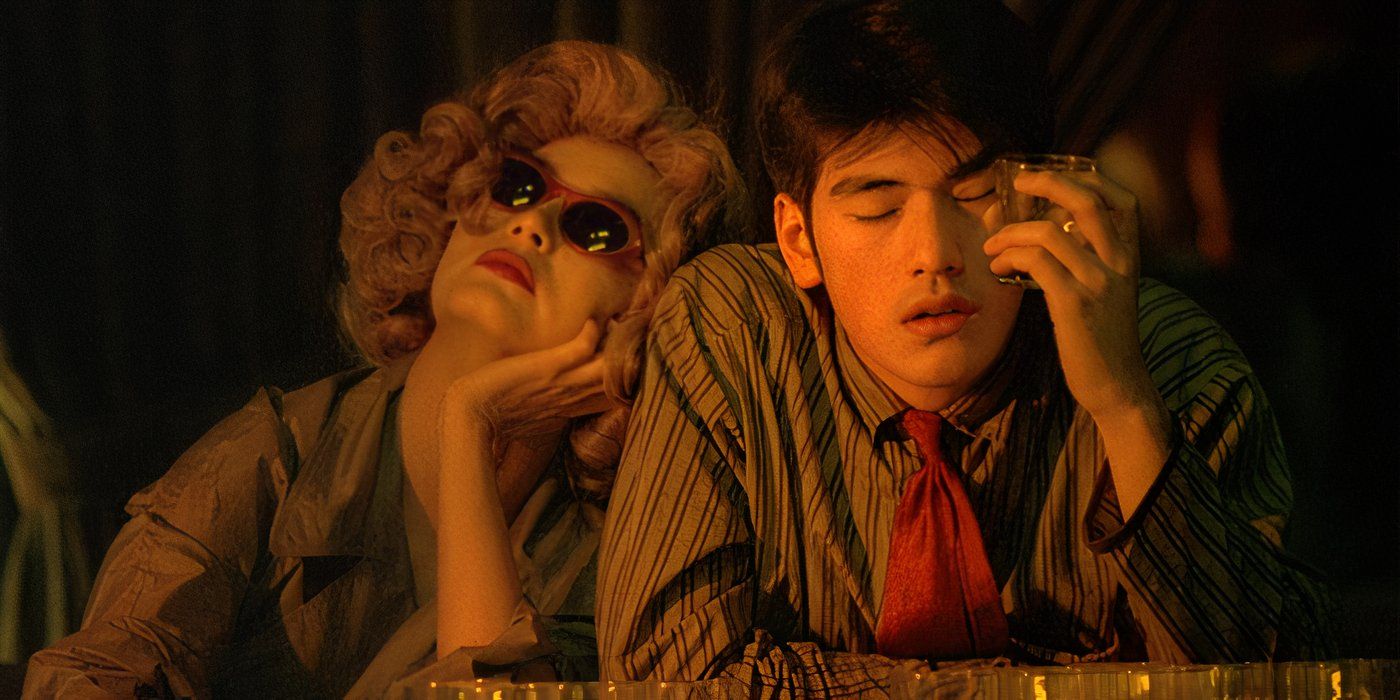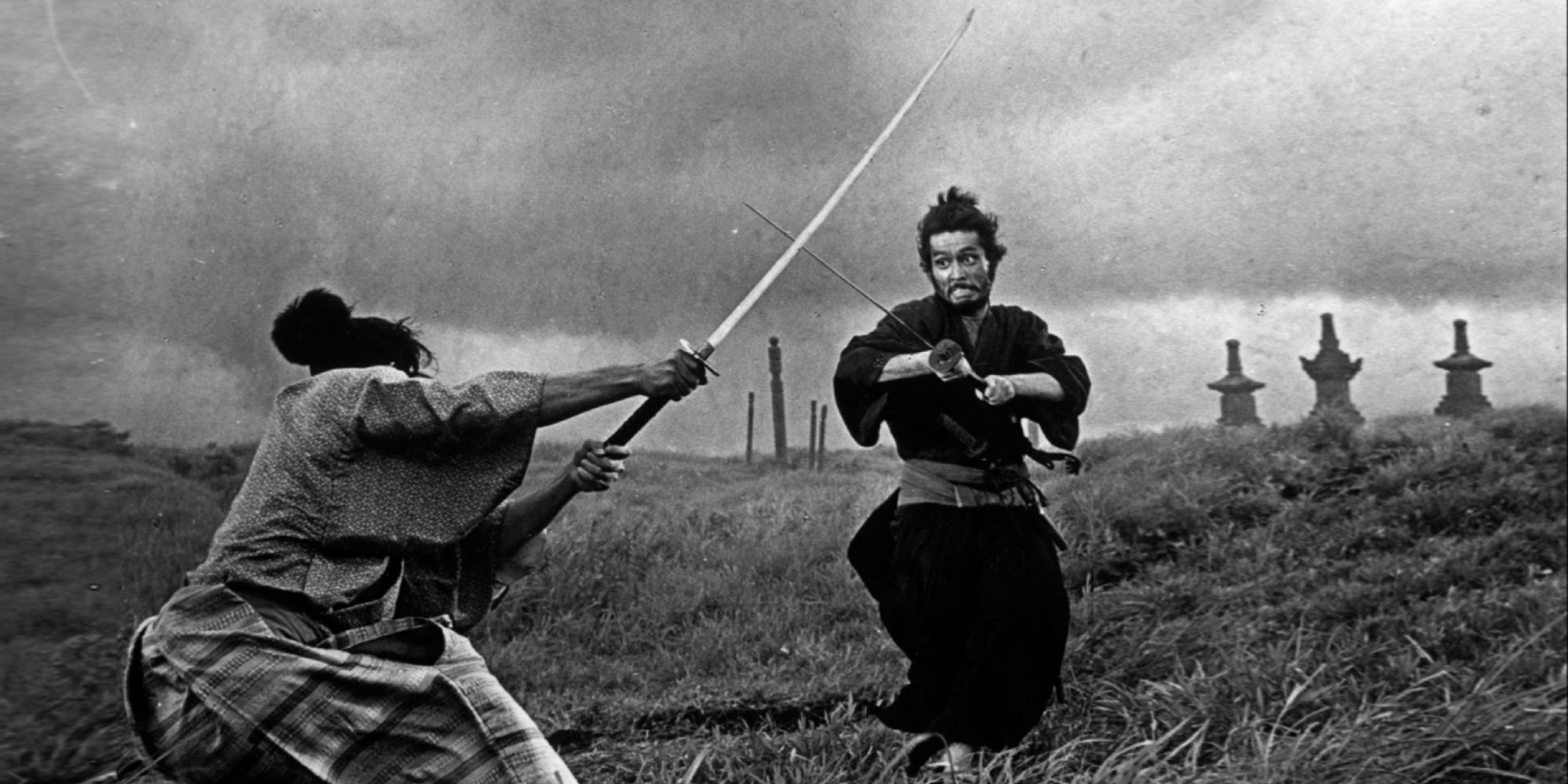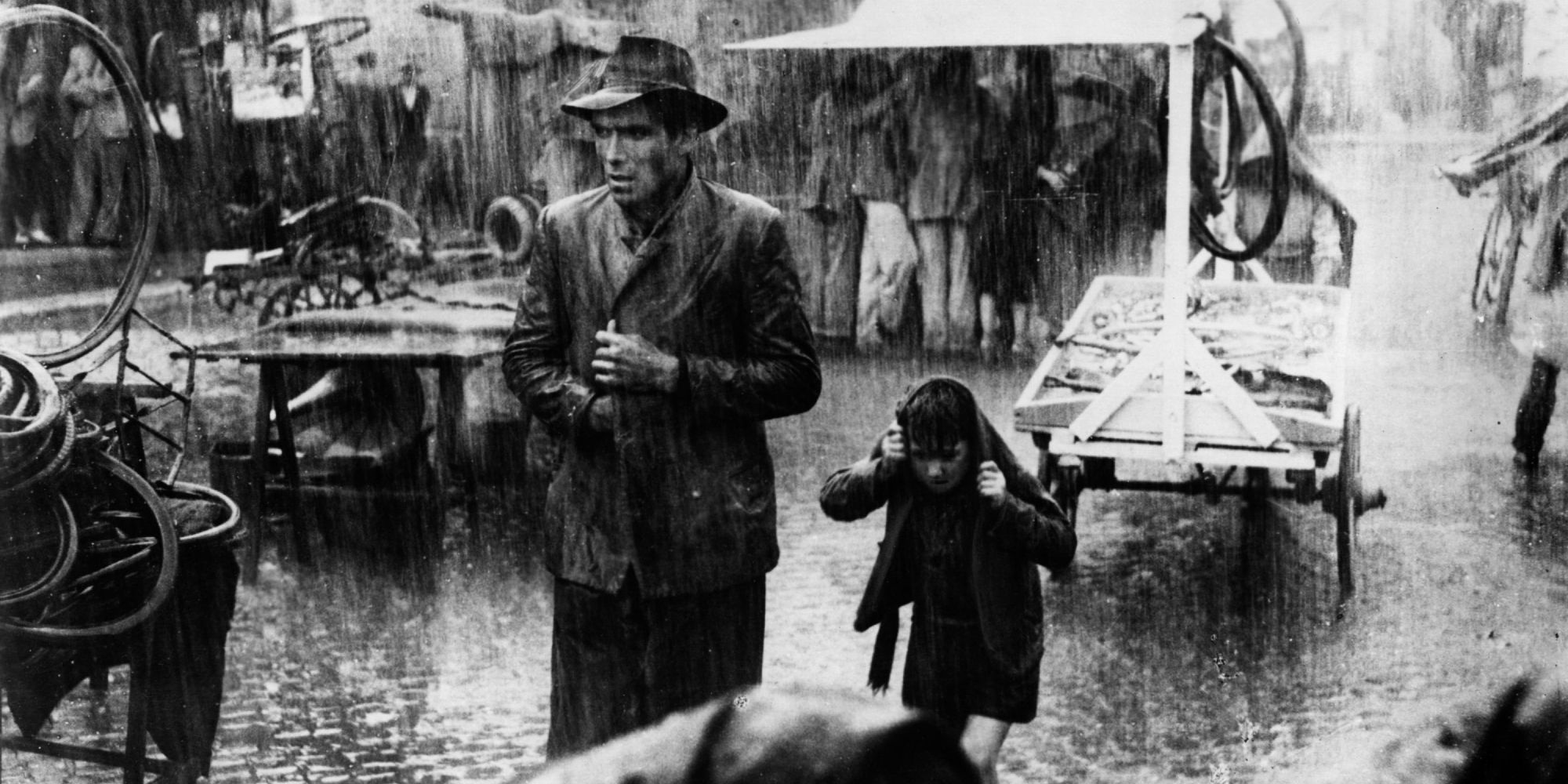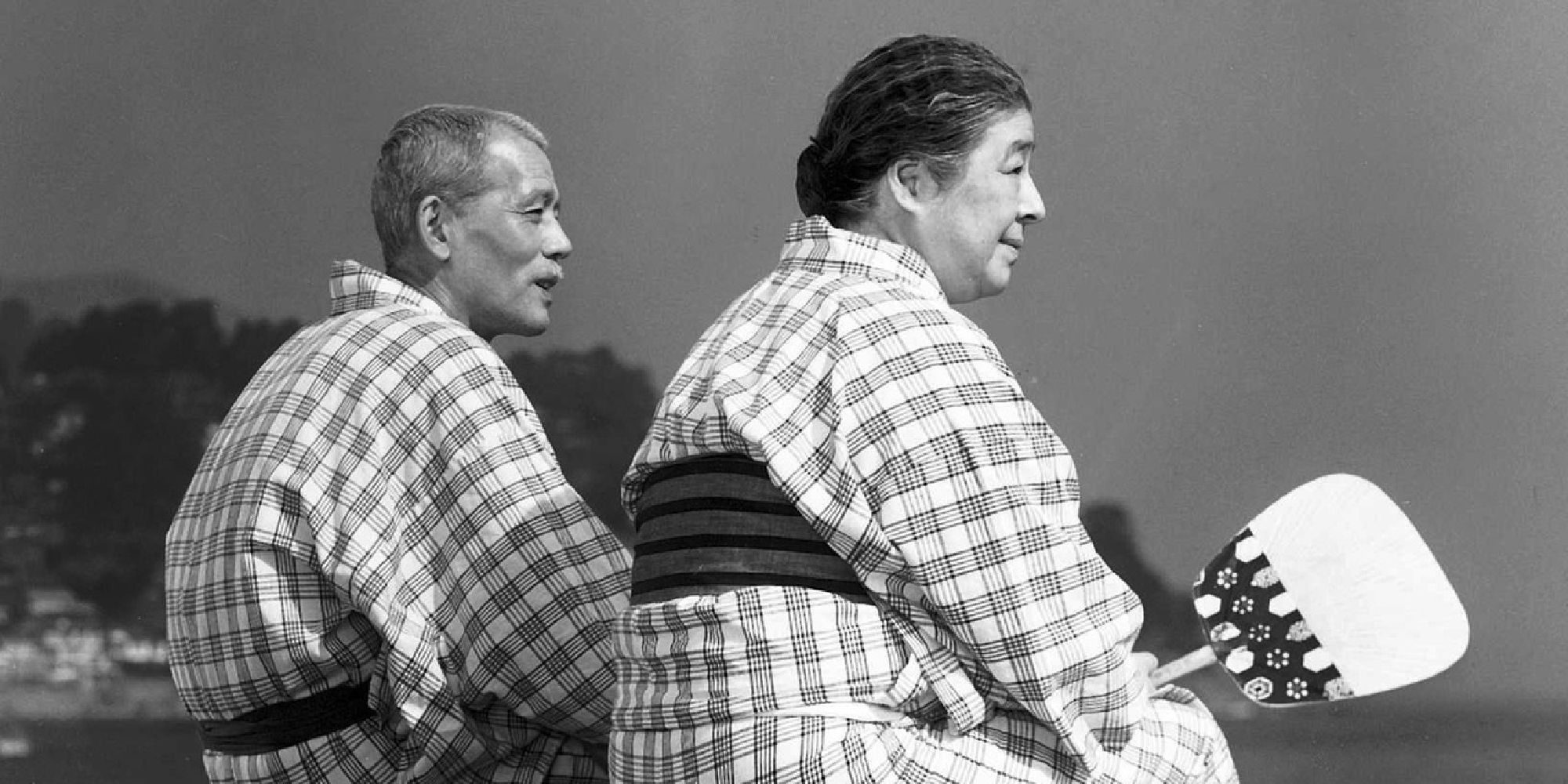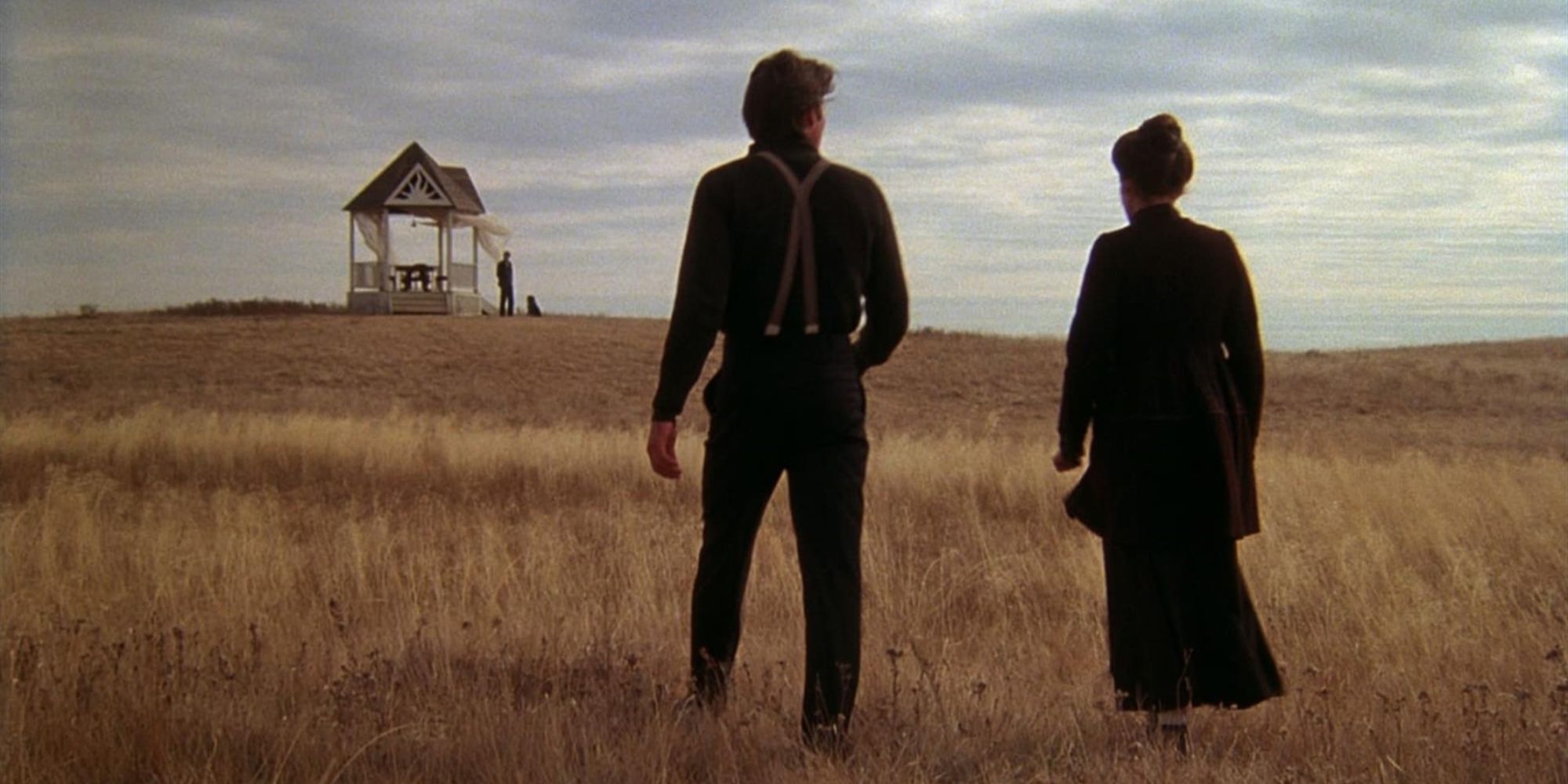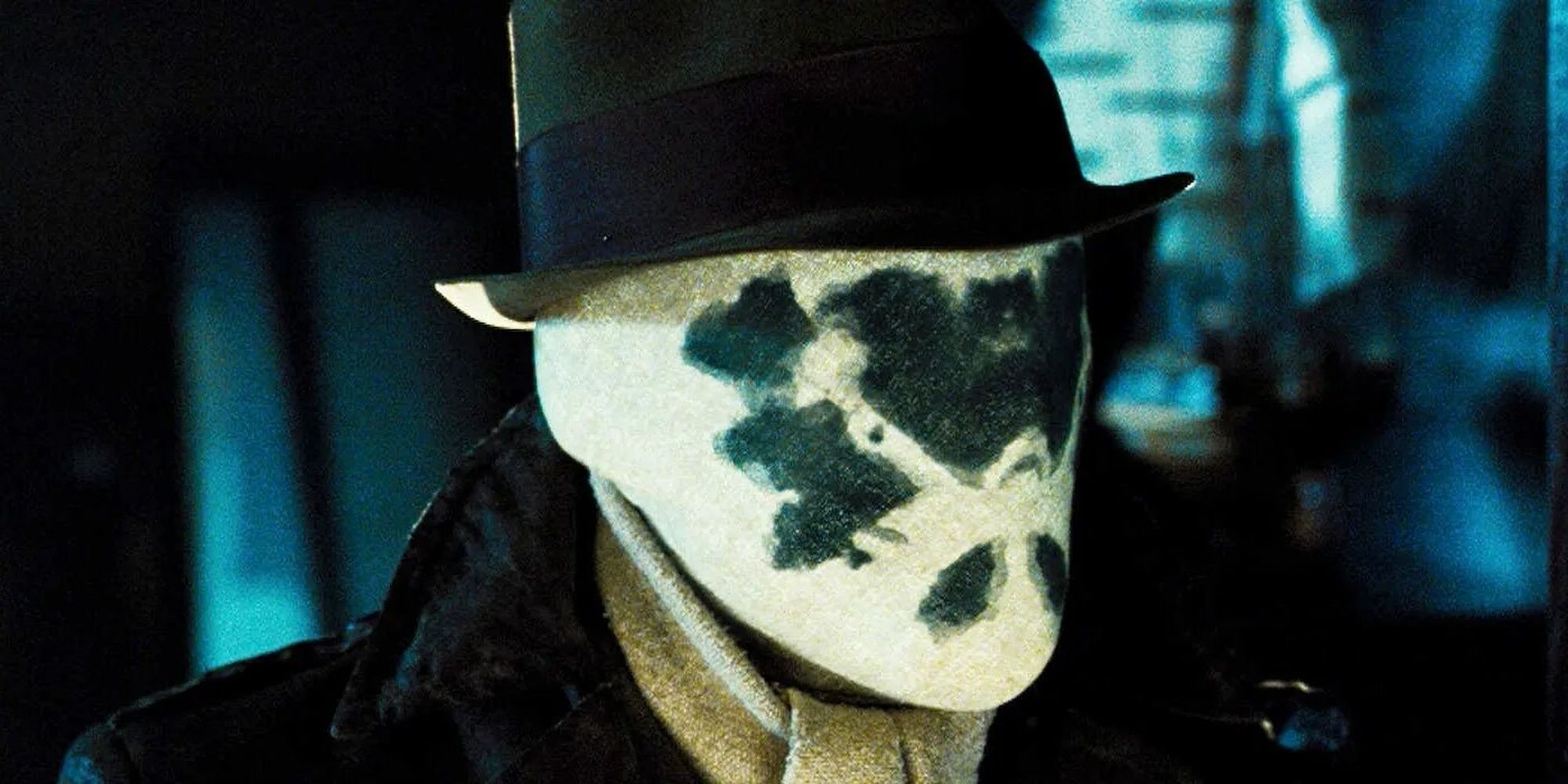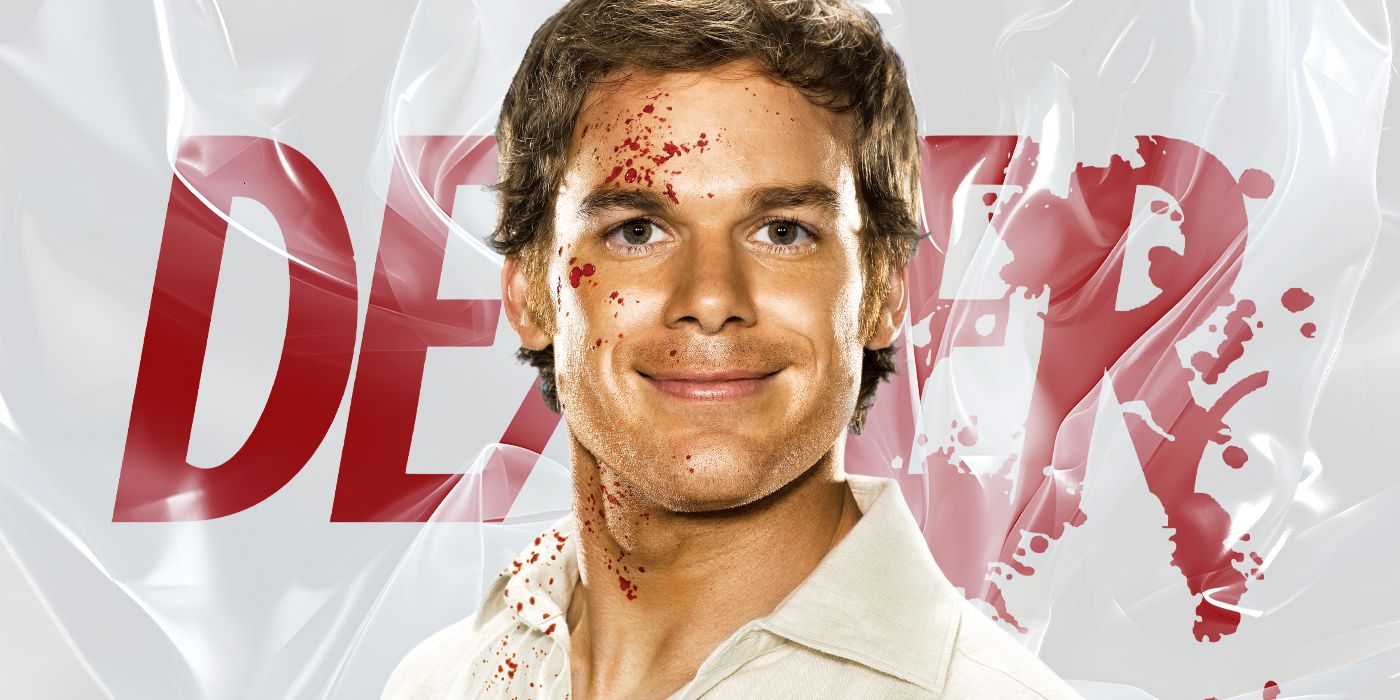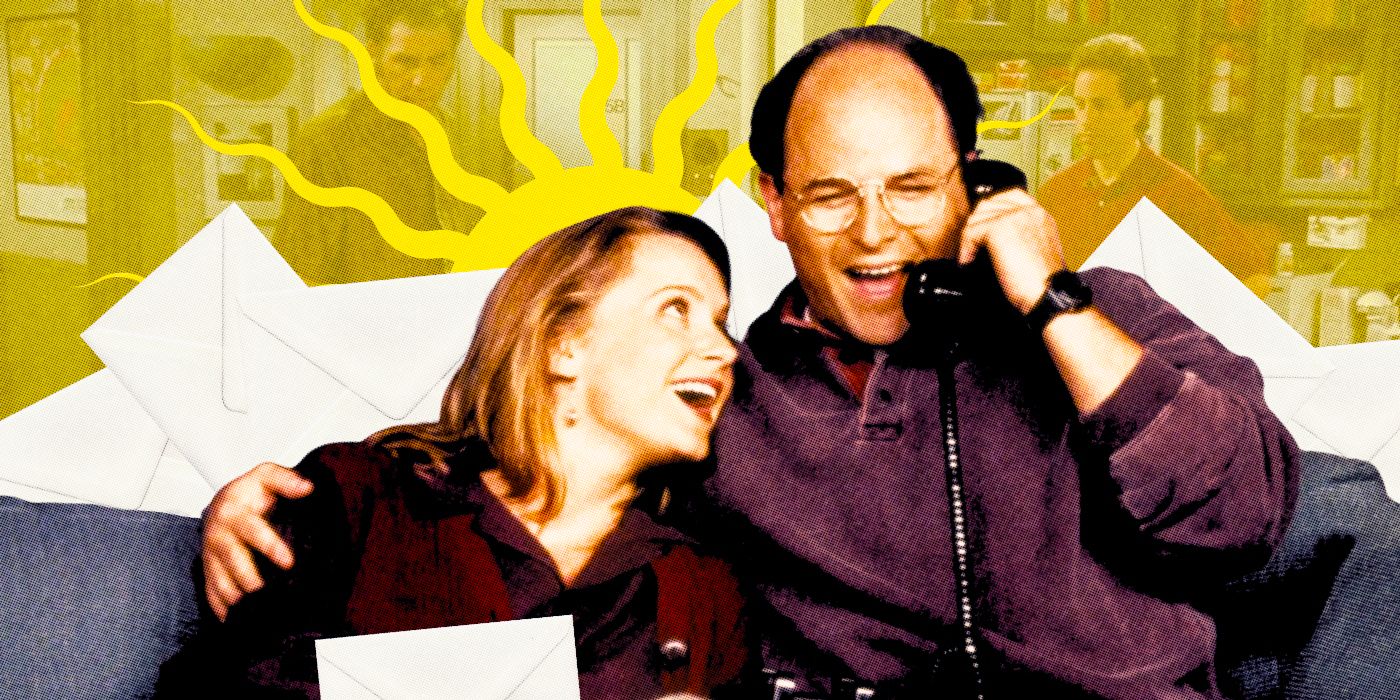Given arthouse movies tend to challenge audiences and sometimes even redefine what films are or can be, the idea of dipping into arthouse cinema can naturally be intimidating. Some are particularly confronting and mysterious, while others can bridge the gap to some extent between “high art” and more broadly appealing genres, like action flicks or thrillers.
But anyone wanting to investigate the world of arthouse has to start somewhere, and the following films might well be good jumping-off points for anyone interested in this kind of film. These movies might all be a tiny bit challenging in some ways, but never too extreme or daunting to anyone who isn’t too familiar with arthouse cinema. To keep things interesting, there’s an emphasis on covering various genres with the following films, too, emphasizing how just about any genre can cross over with the idea of arthouse fare. Consider these movies effective gateways to that sometimes intimidating but always rewarding form of film.
10 ‘Drive’ (2011)
Director: Nicolas Winding Refn
Drive has a relatively simple story matching its very direct title. Even the lead character is known only as “Driver,” and he does end up doing a good bit of driving throughout the film. It’s a slick crime-themed thriller, with Driver being a getaway driver who eventually gets entangled with a group of very dangerous criminals after a heist goes disastrously wrong.
Though Drive has a little action and a fairly healthy helping of brutal violence, it might be a stretch to call it an all-out action movie, as it takes its time a good deal of the time, and emphasizes atmosphere/style at points over focusing on narrative. There is enough by way of story and memorable characters to satisfy on a basic level, but there’s a sophistication to the film’s look and feel that tips Drive toward being an arthouse film (of sorts).
Drive
- Release Date
- August 6, 2011
- Director
- Nicolas Winding Refn
- Runtime
- 100
Rent on Apple TV
9 ‘Paris, Texas’ (1984)
Director: Wim Wenders
There are plenty of great Wim Wenders movies, and a few could be categorized as arthouse films. He has a distinctive style and his works have an undeniably singular feel, characterized by focusing on unusual characters who often feel like outsiders, and narratives that are eventually impactful, but prone to taking their time. For as great as Until the End of the World is, its length might be too daunting, making something like Paris, Texas better for newcomers.
This is a slow-burn drama that’s fairly long, at almost 2.5 hours, but not overwhelmingly so. It does take its time, but the story here, about one brother trying to help another after he seems to lose his memory, is touching and inevitably powerful as it goes along. Paris, Texas is deeply human and sure to move anyone willing to give it their time, and stands as a fantastic character-focused drama as a result.
Paris, Texas
- Director
- Wim Wenders
- Release Date
- May 19, 1984
- Run Time
- 2 hr 27 min
- Actors
- Harry Dean Stanton, Nastassja Kinski, Dean Stockwell, Aurore Clément, Hunter Carson
Watch on Max
8 ‘Perfect Blue’ (1997)
Director: Satoshi Kon
Perfect Blue is a relentlessly intense and psychologically harrowing film, and the sort that can be enjoyed by those who tend to like anime movies and anyone who might not be so familiar with anime. Granted, it’s probably not the most ideal of starting points for newcomers (they should probably watch some Studio Ghibli first), but anyone at least open to anime and arthouse cinema might well find it a good starting point for the latter.
It looks at a singer/actress losing her grip on reality due to a series of strange occurrences, but even with all the trippiness going on, it’s still followable, owing to the fact it’s so focused on just the one main character. Perfect Blue gets surreal and disturbing, but it’s well-presented, not too long as far as runtimes go, and makes sure the bulk of things can be followed (at least for the most part) by first-time viewers.
Perfect Blue (1997)
- Director
- Satoshi Kon
- Cast
- Junko Iwao , Rica Matsumoto , Masaaki Ôkura , Shinpachi Tsuji
- Runtime
- 81
Watch on Shudder
7 ‘The Lighthouse’ (2019)
Director: Robert Eggers
Functioning as a grisly fantasy/horror movie, a feature-length bottle episode, and a twisted dark comedy with plenty of fart jokes, The Lighthouse is uncompromising and wholly unique. It centers on two characters who both speak in a way that takes some getting used to, and its presentation (including the use of black-and-white and the narrow aspect ratio) might prove initially jarring, but it’s not too hard to be won over by The Lighthouse.
It has a simple premise involving a descent into madness on a tiny island, and ends up being humorous, intense, bizarre, and even nightmarish when it wants to be. It’s hard to compare it to much else out there, but it’s also difficult to imagine anyone with a relatively open mind going into The Lighthouse and not enjoying it on one or more levels.
The Lighthouse
- Release Date
- October 18, 2019
- Director
- Robert Eggers
- Runtime
- 110 minutes
Watch on Max
6 ‘Chungking Express’ (1994)
Director: Wong Kar-wai
Chungking Express is sort of two movies in one, with one sort of just ending at one point before the second starts. That being said, both are thematically connected and deal with characters in similar predicaments, with the film and its two main storylines focusing on lonely people who are searching for love in Hong Kong, all the while existing in a big, sometimes overwhelming, and oftentimes thrillingly busy city.
There’s an unusual style to Chungking Express that’s not too hard to get used to, and the things the characters are longing for/dealing with feel universal and relatable. It was a movie that was released during a particularly great year for cinema, but nevertheless still manages to stand out from the crowd, being an iconic 1990s film (that’s now three decades old) that feels largely timeless.
Chungking Express (1994)
- Release Date
- July 14, 1994
- Director
- Wong Kar-wai
- Cast
- Takeshi Kaneshiro , Tony Leung Chiu-wai , Faye Wong
- Runtime
- 1 hr 38 min
Watch on Max
5 ‘Badlands’ (1973)
Director: Terrence Malick
Terrence Malick was responsible for a couple of the best movies released during the 1970s, which is even more impressive considering his two 1970s releases were also his first two feature films. Of those, Badlands came first, and is a far cry from the sorts of abstract and sometimes alienating films Malick became known for making in the 2010s (even those who like his later works will surely admit they’re not the easiest to watch).
But Badlands has a simple story at its core, being about two young people who go on the run after one commits a murder (before going on to commit a few more as the film goes along). It’s a “lovers on the run” kind of story, but told in a visually bold and oddly artistic way, with the serenity of Badlands colliding with the grim/violent narrative in a manner that’s striking, strange, and ultimately captivating.
Rent on Apple TV
4 ‘Harakiri’ (1962)
Director: Masaki Kobayashi
One of the best samurai movies of all time, Harakiri, isn’t really a fun action-packed romp, and instead chooses to get surprisingly critical about the moral failings of the samurai, and their flaws. It’s a bleak movie that sheds light on a sometimes romanticized part of Japanese history, perhaps in a comparable way to how revisionist Westerns looked at America’s Old West through a more critical lens than Westerns of old.
Harakiri might be upsetting and dark, but it is also thrilling and absorbing in its own quiet way, with a mystery-heavy storyline that gradually takes form thanks to an inventive flashback-heavy structure. Things explode by the climax, but Harakiri takes its time getting there without ever wasting the viewer’s time, and it’s easily one of the greatest films the legendary Masaki Kobayashi ever directed.
Harakiri (1962)
- Release Date
- August 4, 1964
- Director
- Masaki Kobayashi
- Cast
- Tatsuya Nakadai , Akira Ishihama , Shima Iwashita , Tetsurô Tanba , Masao Mishima , Ichirô Nakatani , Kei Satō , Yoshio Inaba
- Runtime
- 133 Minutes
Watch on Criterion
3 ‘Bicycle Thieves’ (1948)
Director: Vittorio De Sica
Bicycle Thieves feels like something of an arthouse film, despite – or maybe because of – it simply presenting a grounded and brutally realistic look at life in post-war Italy. The narrative is as simple as it is sad, following the plight of a father and his son after the former loses his bicycle, which he needs for his job to provide for his family, sending the duo on an increasingly desperate search to track down whoever stole it.
It really is just that for almost an hour and a half, but Bicycle Thieves unfolds in a way that’s surprisingly riveting, even while everything feels very ordinary and eerily close to just watching real people struggling. It’s Italian neorealism at its very best, and continues to hold up as a landmark 1940s film that’ll likely never lose its immense power.
Bicycle Thieves
- Release Date
- November 24, 1948
- Director
- Vittorio De Sica
- Runtime
- 89 minutes
- Main Genre
- Drama
Watch on Max
2 ‘Tokyo Story’ (1953)
Director: Yasujirō Ozu
A significant arthouse cinema landmark for the 1950s in a similar way to how Bicycle Thieves was an essential 1940s release, Tokyo Story stands as Yasujirō Ozu’s most well-known film. Though it might be his best, it’s far from the only one that’s worth checking out, as Ozu was perhaps the king of making understated family dramas that weren’t necessarily eventful narratively, but proved massively impactful emotionally.
In Tokyo Story, a pair of grandparents visit the younger members of their family, and find themselves disheartened by the fact that most of their relatives no longer seem able to spend time with them. It presents a look at growing old and the way generations can grow apart, handling such a story in an empathetic, honest, and emotionally resonant way, all ensuring Tokyo Story is a groundbreaking and seminal drama; perhaps one of the best ever made.
Tokyo Story (1953)
- Release Date
- March 13, 1972
- Director
- Yasujirô Ozu
- Cast
- Chishû Ryû , Chieko Higashiyama , Sô Yamamura , Setsuko Hara
- Runtime
- 136 minutes
- Main Genre
- Drama
Watch on Max
1 ‘Days of Heaven’ (1978)
Director: Terrence Malick
For as great as Badlands was, Terrence Malick’s follow-up, Days of Heaven, is debatably even better, and feels like an all-time great romance film. The story here largely takes place on a farm, and involves the consequences of a scheme conducted by a man and his girlfriend which involves the latter getting engaged to a wealthy farmer whose days seem numbered, potentially leading to her obtaining his fortune.
Days of Heaven does still tell this simple and inevitably tragic story well, but it goes beyond being a simple romantic melodrama, taking on a unique feel thanks to its presentation, undeniable beauty, and unusual use of narration. It features things that would later become Malick trademarks, but packages them all into something that doesn’t waste time and feels very digestible. Days of Heaven is easy to fall into and be overwhelmed by, and is so visually and thematically rich that it might well be one of the greatest – not to mention most approachable – arthouse films of all time.
Days of Heaven
- Release Date
- September 13, 1978
- Director
- Terrence Malick
- Runtime
- 94
- Main Genre
- Drama
Rent on Apple TV

